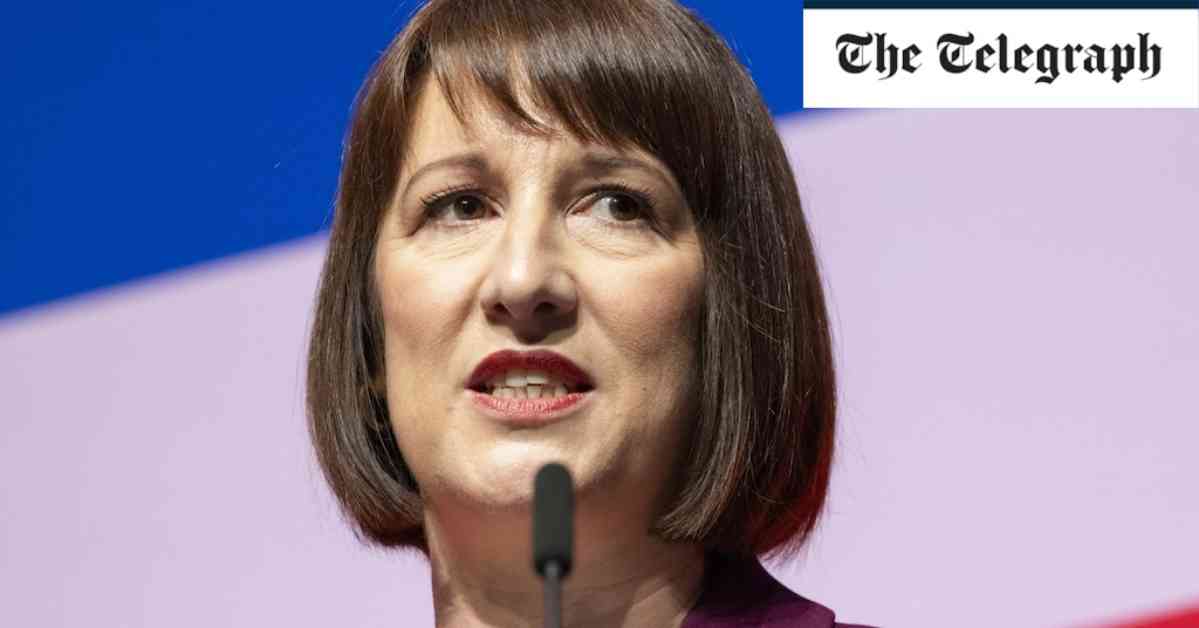Britain’s Tax Burden Expected to Remain at 70-Year High for Years to Come
Britain’s tax burden is projected to remain at its highest level in 70 years for the foreseeable future, according to the director of a prominent think tank. While the tax burden remained relatively stable at 33-34% of national income from the 1960s until 2019, it has surged to a post-war high of 37% in the last five years. Paul Johnson, director of the Institute for Fiscal Studies (IFS), expressed his belief that this high level of taxation is likely to persist for decades to come.
Johnson highlighted several factors contributing to the sustained high tax burden in Britain. The country’s aging population, increasing healthcare expenditures, rising pensions costs, the need for additional defense spending, and the burden of debt interest payments all make it challenging to reduce overall public spending. He emphasized that any discussion of tax cuts must be accompanied by a clear plan for reducing government expenditures.
Impact on High Earners and Tax Policies
Under the Conservative government, tax increases have disproportionately affected high earners, with income tax thresholds frozen from 2022 to 2028. Johnson noted that the Tory party implemented measures that significantly impacted high-income individuals, a fact that both Labour and the Conservatives may be hesitant to acknowledge. The number of taxpayers subject to the higher 40% tax rate has effectively doubled as a result of these policies.
Madsen Pirie, president of the Adam Smith Institute, pointed out that the challenge of reducing taxes is not insurmountable, citing the successful tax cuts implemented by Margaret Thatcher’s chancellors, Geoffrey Howe and Nigel Lawson. Despite initial skepticism, these chancellors managed to lower taxes and even abolish certain taxes in each budget. Pirie’s remarks suggest that with strategic planning and political will, tax reductions can be achieved.
Future Budgetary Policies and Economic Outlook
With Chancellor Rachel Reeves expected to announce tax increases in the upcoming Budget, the debate over tax policy and government spending is likely to intensify. The necessity of balancing fiscal responsibility with the demands of a growing and aging population poses a complex challenge for policymakers. Reeves will need to navigate these competing priorities while addressing the pressing need for revenue generation to fund essential services.
The economic outlook for Britain in the coming years remains uncertain, as the country grapples with the ramifications of Brexit, the ongoing COVID-19 pandemic, and global economic shifts. The tax burden, while necessary for funding public services, must be carefully managed to ensure sustainable economic growth and prosperity for all citizens. Balancing the need for revenue with the imperative of supporting economic recovery will be a key consideration for policymakers in the years ahead.
In conclusion, Britain’s tax burden is expected to remain at historically high levels for the foreseeable future, driven by demographic changes, rising healthcare costs, and other economic factors. While the prospect of tax cuts may seem daunting, history has shown that with sound fiscal management and strategic planning, reductions can be achieved. As the country navigates the challenges of a post-pandemic economy and evolving global landscape, policymakers must prioritize fiscal responsibility and long-term economic sustainability to ensure a prosperous future for all citizens.












